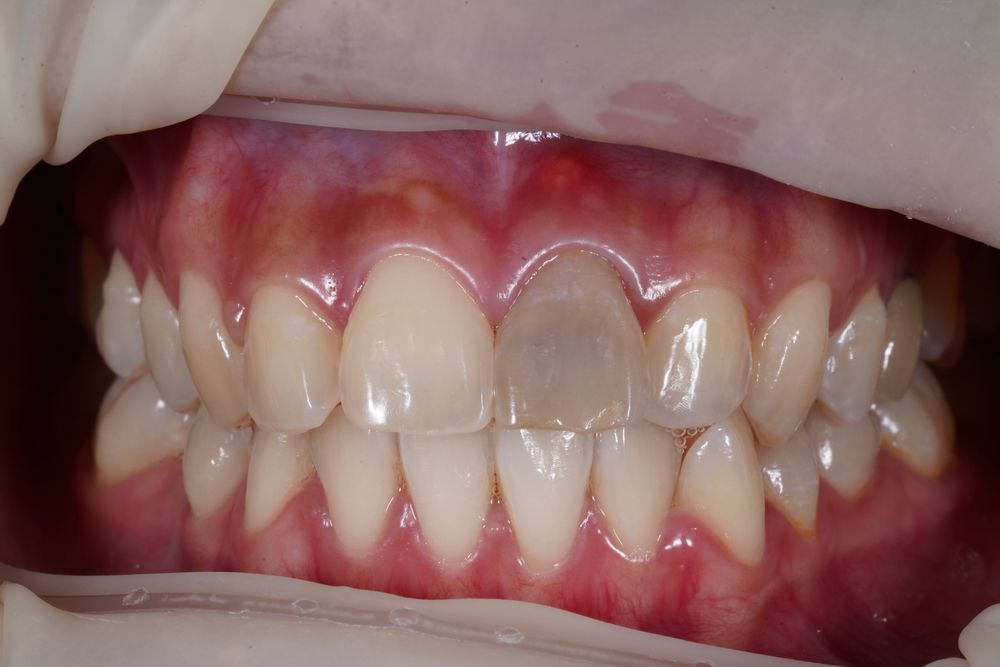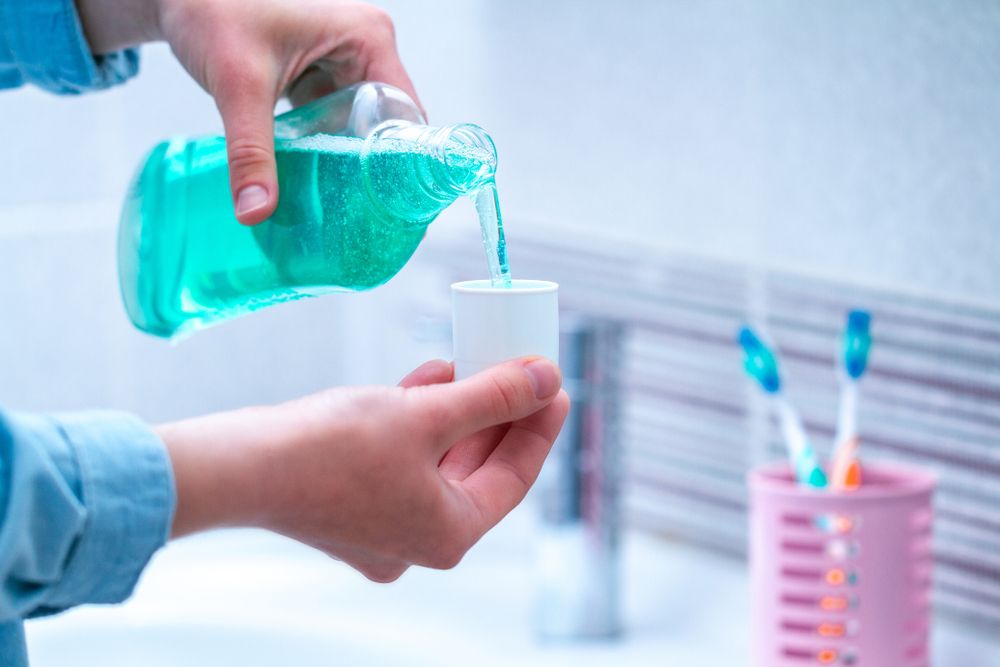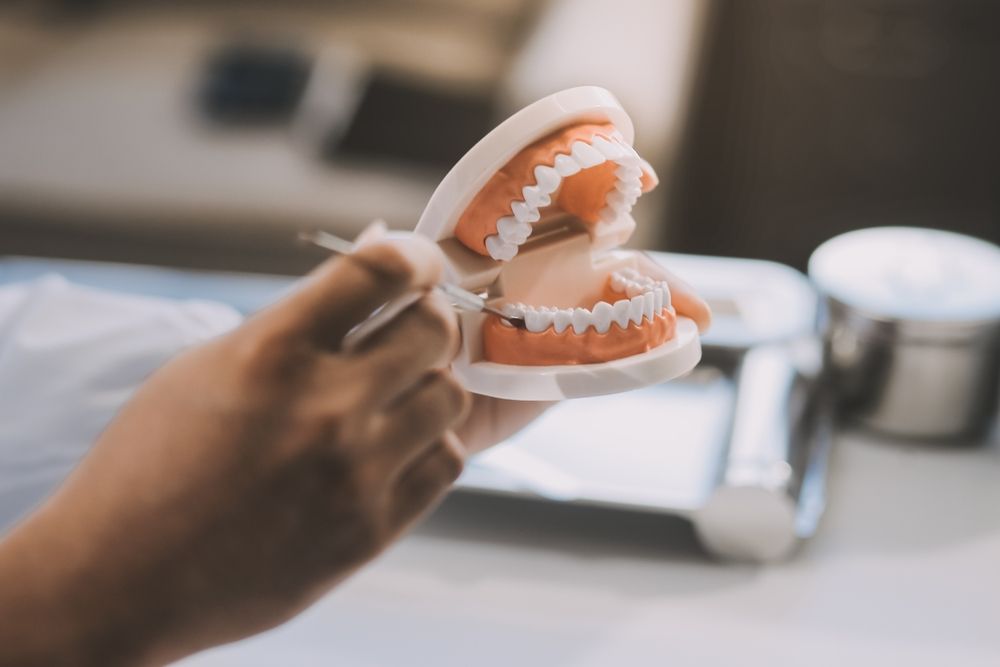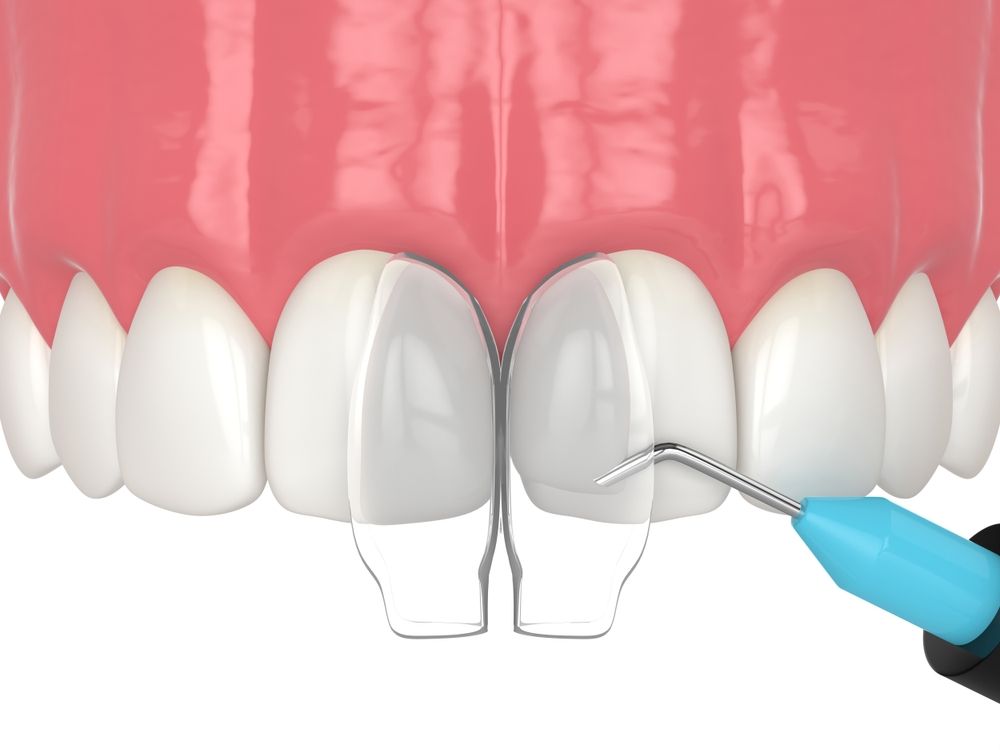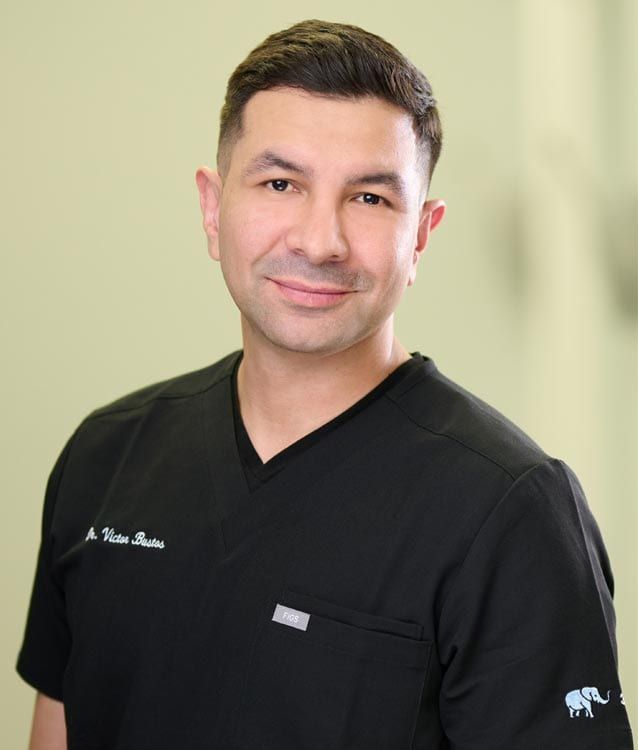With its earthy aroma and uplifting taste, coffee has been a favorite morning drink for everyone from suit and tie power brokers to blue-collar workers for time immemorial. With the rise of complex coffee orders with their paragraph-long descriptions and equally high sugar and fat counts, coffee is more popular than ever. While its effects on teeth have always been a concern due to its acidic nature, these latest trends are making it more damaging to teeth than ever. In spite of this, a little-known property of coffee may have actually been protecting those who take it straight all these years.
How Black Coffee Has Been A Silent Dental Superhero
Coffee, even taken black, has a remarkable amount of tannin and acids in it. These substances are well-known sources of dental staining and enamel decay, but there’s more to coffee than these ominous warnings. Recent evidence has shown that not only may black coffee not be the dental health villain it’s been perceived at all these years, but without all the additives, it may have actually been helping. Make no mistake, the acids and tannin in coffee still pose a risk, but with a little care, coffee may be a way to help your oral health.
So what’s the source of this mysterious coffee-based benefactor of teeth? It’s a hidden component of coffee that is only released during the roasting process, trigonelline. This chemical compound is a bitter alkaloid and is what gives coffee its delicious aroma and depth of taste. During the brewing process, it converts into two separate compounds – nicotinic acid and pyridines – which act on the remaining trigonelline to demethylate it. This means it removes a Carbon and Hydrogen based molecule CH3 known as a methyl group from the trigonelline compound. This, in turn, is what gives coffee its high niacin content.
Not all the trigonelline gets broken down, however. A fact vital to the role coffee plays in protecting your teeth. An article found in the Journal of Conservative Dentistry reveals that trigonelline possesses properties that fight off certain bacteria. Included in the list of bacteria is the mutans strain that is directly involved in tooth decay. The results of their research revealed;
- Trigonelline is best preserved in instant coffee thanks to the manufacturing process used in making it.
- The type of coffee matters, with Arabica coffees demonstrating higher levels of trigonelline than other types.
- Caffeine doesn’t appear to play a role in coffee’s ability to prevent decay.
While Coffee Can Help Your Teeth, Drink Responsibly
For those thinking they now have a way to justify their morning coffee as supplemental dental care, take caution. These properties can only properly be taken advantage of if you’re drinking black coffee. Even then, it’s necessary to take steps to protect your teeth from the acid and tannin found in this beverage. Try interspersing your coffee with fresh water, and maintain a consistent dental hygiene routine.

